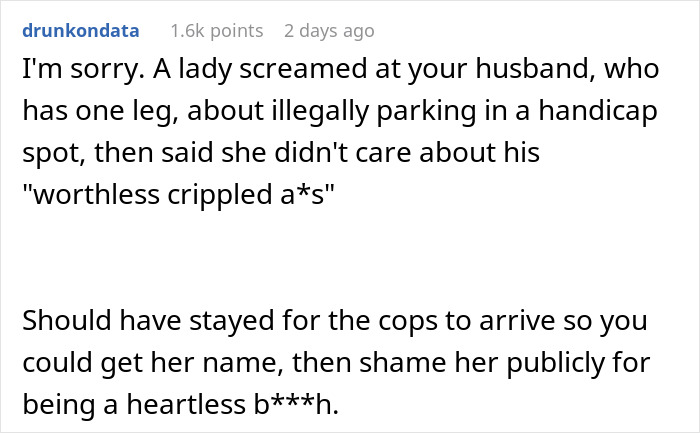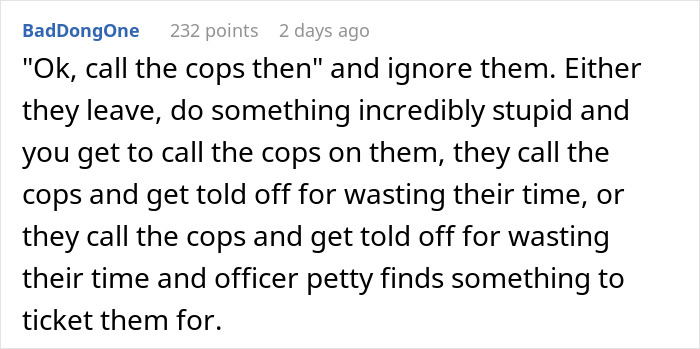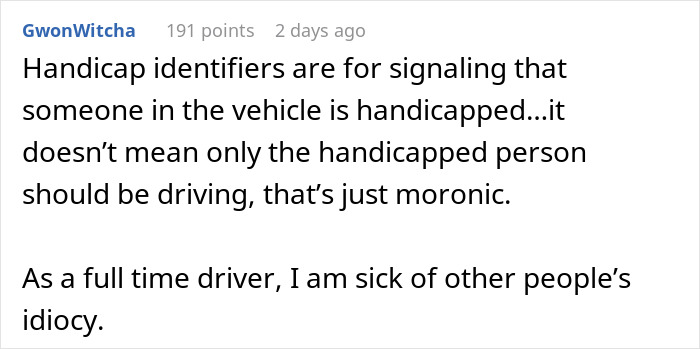We’re all familiar with road rage, but apparently, parking lot rage often presents itself too. For some reason, people tend to feel entitled to a spot that they had their eye on, even if someone else got there first.
One woman recently had an encounter with a furious Target customer who decided to harass her and her husband for simply having the parking spot that she wanted. Below, you’ll find the full story that was recently posted on the Mildly Infuriating subreddit, as well as a conversation with Mark Arnold, The Additional Needs Blogfather.
This woman left her husband waiting in the car while making a quick stop at Target
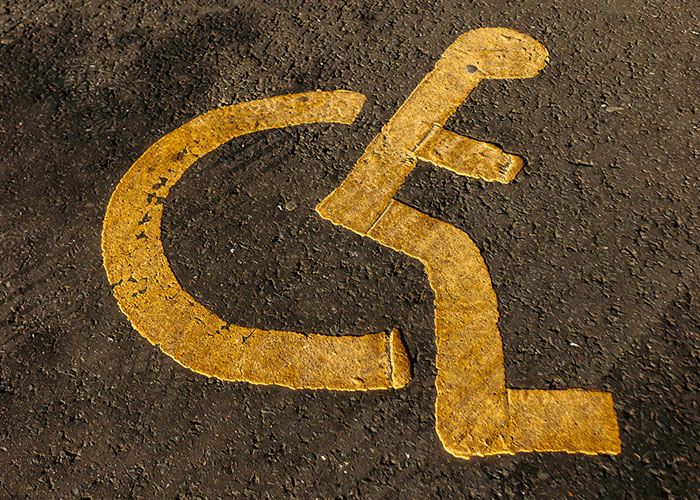
Image credits: Jakub Pabis / pexels (not the actual photo)
But when she came back outside, she was surprised to find another customer berating her spouse
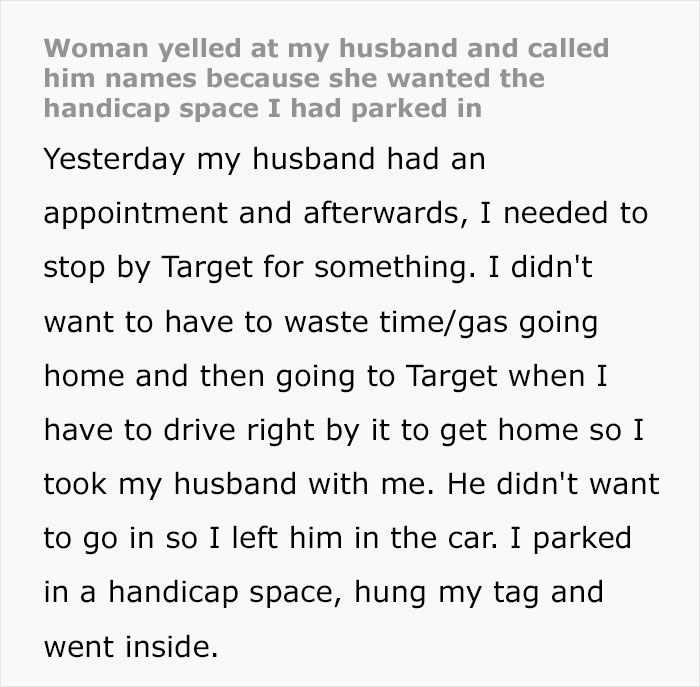
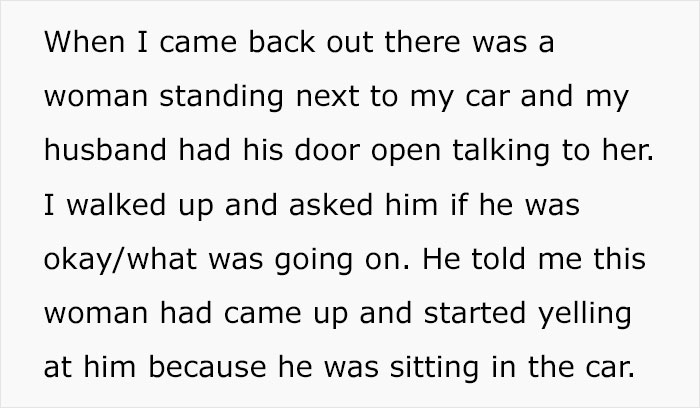
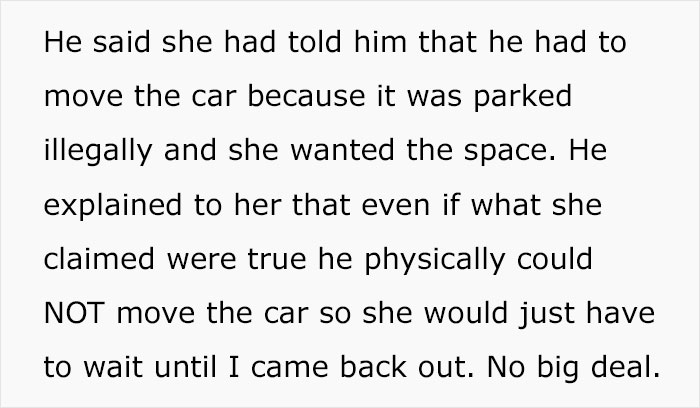
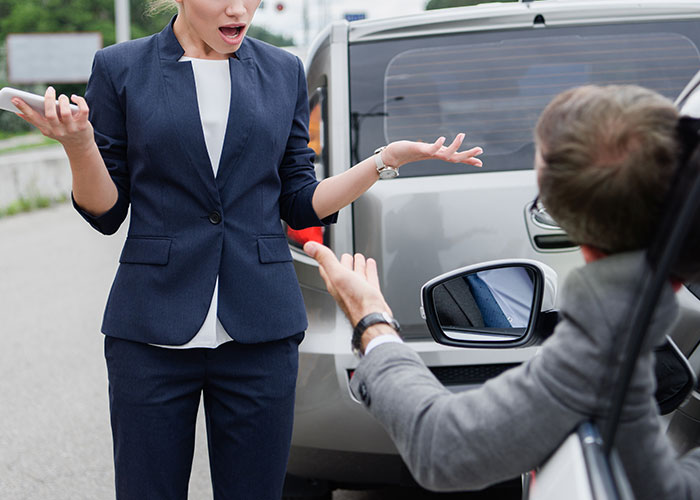
Image credits: LightFieldStudios / envatoelements (not the actual photo)
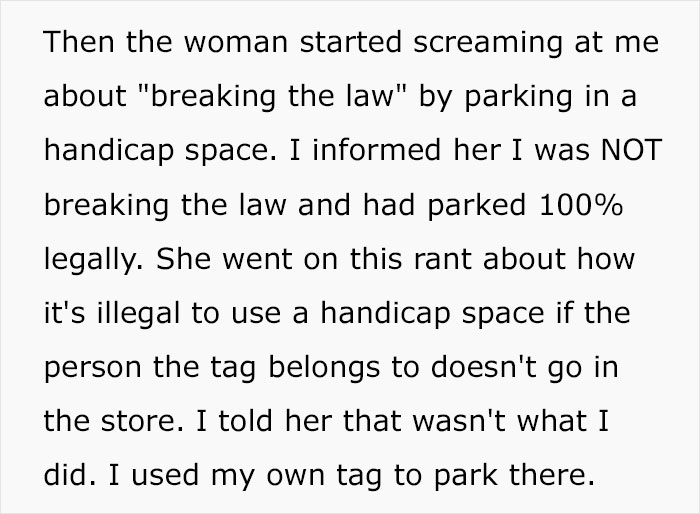
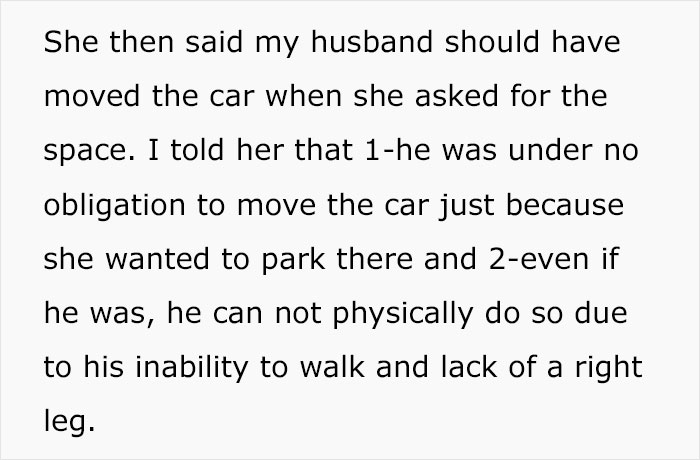

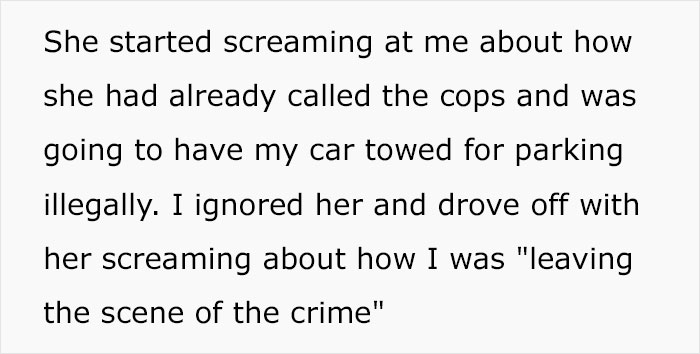
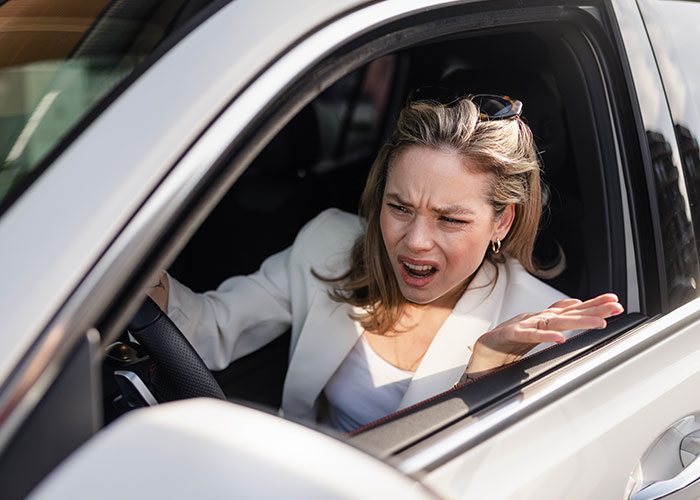
Image credits: halfpoint / envatoelements (not the actual photo)
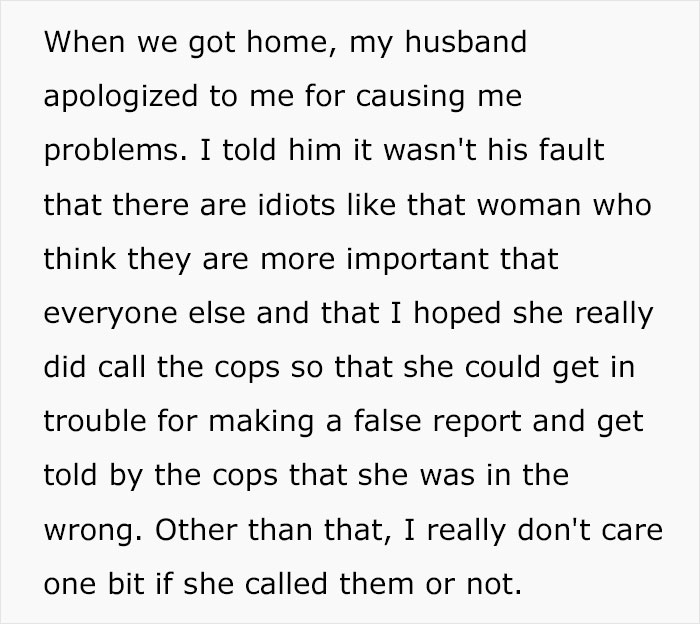
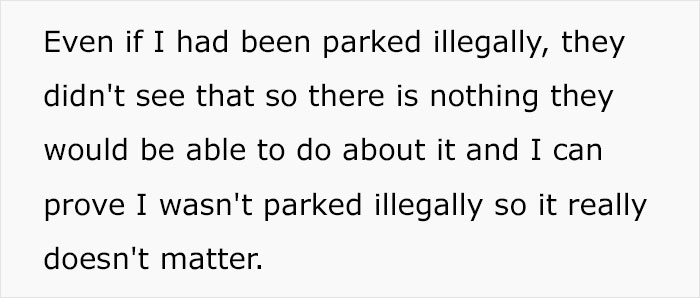
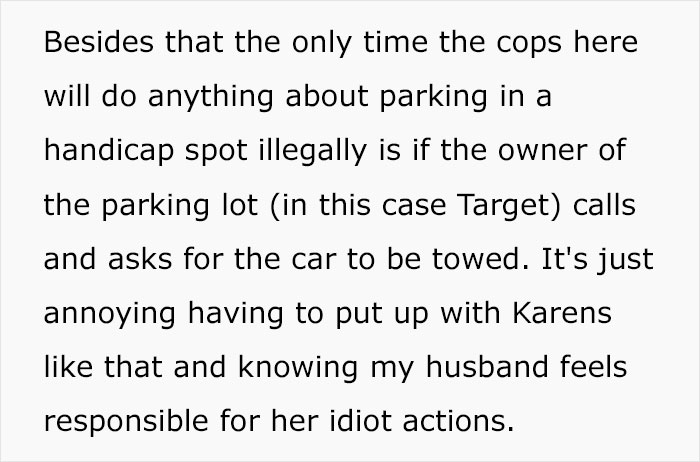
Image credits: youchosehowiact
“For many disabled people, accessible parking spots mean that they can access shops, public buildings and spaces, etc., which otherwise would be off-limits to them”
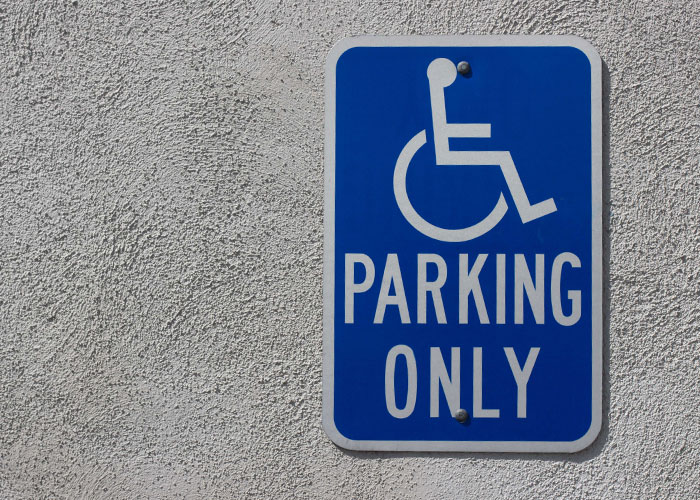
Image credits: J. Ott / flickr (not the actual photo)
To gain more insight on this topic, we reached out to Mark Arnold, also known as The Additional Needs Blogfather. Mark was kind enough to have a chat with Bored Panda and explain why it’s so important for accessible parking to be available for those who need it.
“For many disabled people, accessible parking spots mean that they can access shops, public buildings and spaces, etc., which otherwise would be off-limits to them,” Mark says. “Even the short distance from the accessible parking spot can still pose a challenge, but trying to get from the other end of the car park would be impossible for many.”
“And, of course, it’s not just people with physical/mobility disabilities that need these, people with ‘hidden’ disabilities/differences such as some neurodivergent people, people with learning disabilities, people with mental health conditions, etc., need them too,” the father added.
“People often look at us harshly when we pull into an accessible parking space”
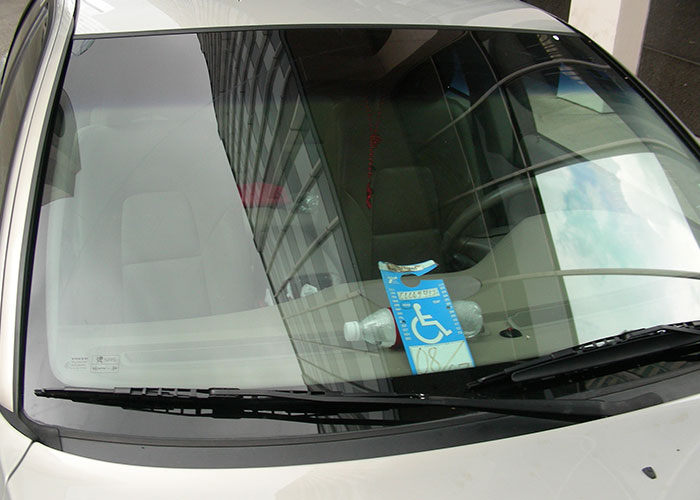
Image credits: c0ldgirl / flickr (not the actual photo)
While Mark says that accessible parking spaces do help, many lots still have room for improvement. “Disabled people often find that [accessible spots] are already full,” he noted. “Regularly, accessible parking spaces are used by people ‘just popping into the shop for a minute,’ or whose car is too big for a regular spot, or who just can’t park very well, or who simply don’t care, it’s all about them!”
“A disabled person often can’t use a regular parking bay, as there isn’t sufficient room for their wheelchair to be located next to their car door, or the distance to walk is too far. So an accessible space is a must, and it is deeply frustrating and debilitating when the accessible spaces are all used by people who shouldn’t be there,” Mark continued.
We were also curious if Mark had ever encountered difficult people when using an accessible parking space. “My son has a ‘blue badge’ allowing us to use an accessible parking space when he is with us in the car,” he explained. “People often look at us harshly when we pull into an accessible parking space. My son ‘doesn’t look disabled,’ although he has ‘hidden’ disabilities and health conditions that allow him to park there.”
“The attitude doesn’t always change even when we produce James’ blue badge, as these ‘unqualified experts’ still feel they know a disabled person when they see one,” the father continued. “I tend to ignore them, even if they say something, rather than inflame the situation which would then be traumatizing for my son.”
“We need to get back to seeing the good in people, understanding the needs of others, and putting other people first where their needs are greater”
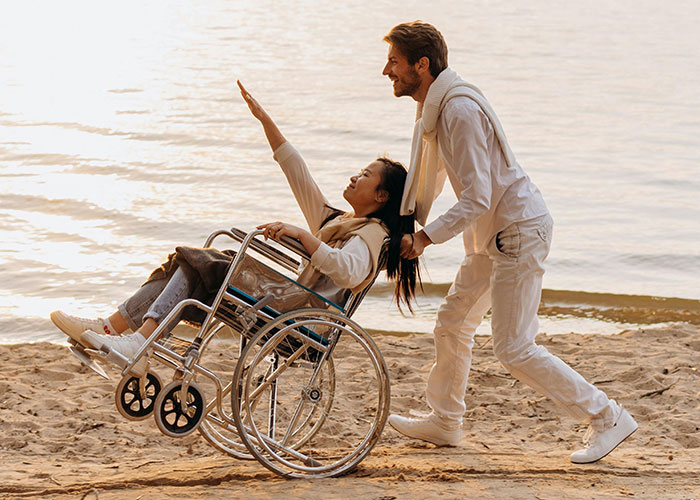
Image credits: Mikhail Nilov / pexels (not the actual photo)
“But then, I’m a guy and can look after myself. It’s a different situation for a more vulnerable person, such as a disabled person on their own, or a single mom with a disabled child, who could easily become very intimidated or worse,” Mark added.
Finally, Mark shared that he’s noticed “a societal decline in kindness towards, and understanding of, others in recent years,” which he believes plays into the story here. “Everyone seems more selfish, more self righteous, an ‘expert’ on everything (just because they’ve read something on social media),” Mark says.
“We need to get back to seeing the good in people, understanding the needs of others, and putting other people first where their needs are greater. Parking in an accessible parking space when you are not entitled to should be as culturally unacceptable as drunk or drugged driving,” the father shared.
Readers shared their thoughts and similar stories of their own, and the OP joined in on the conversation

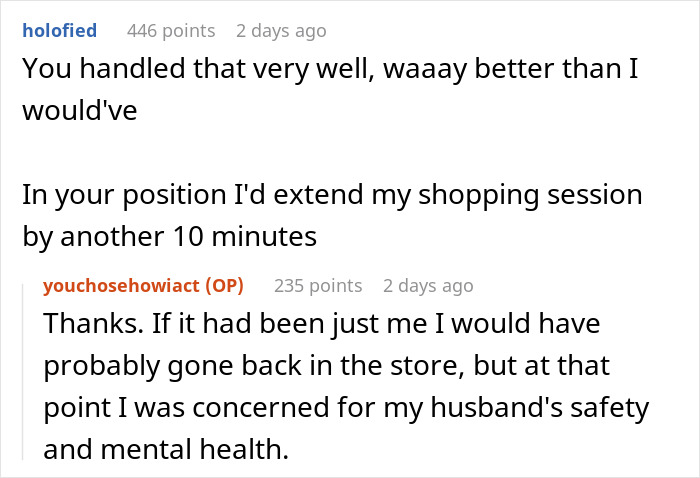
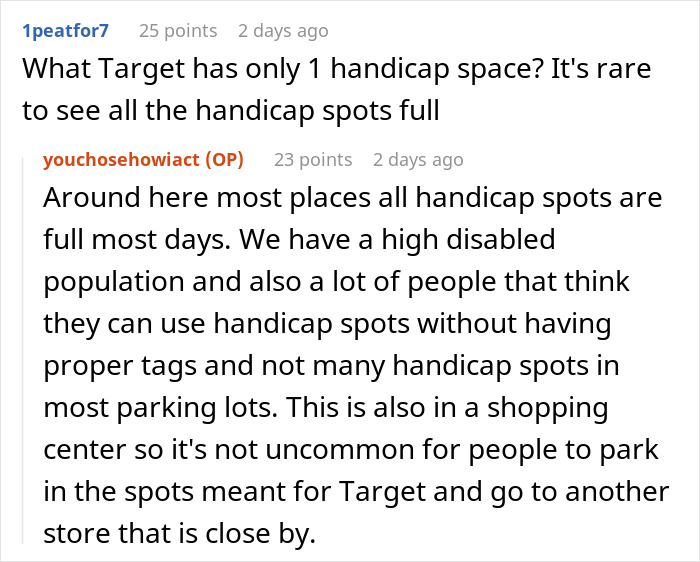
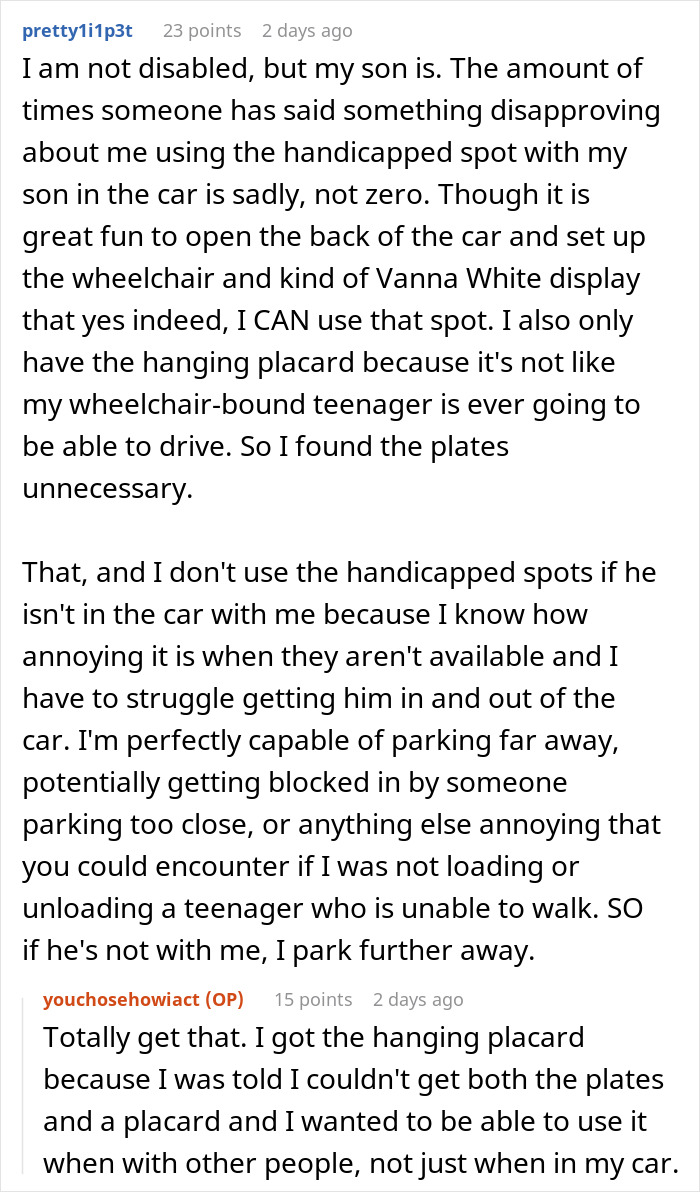
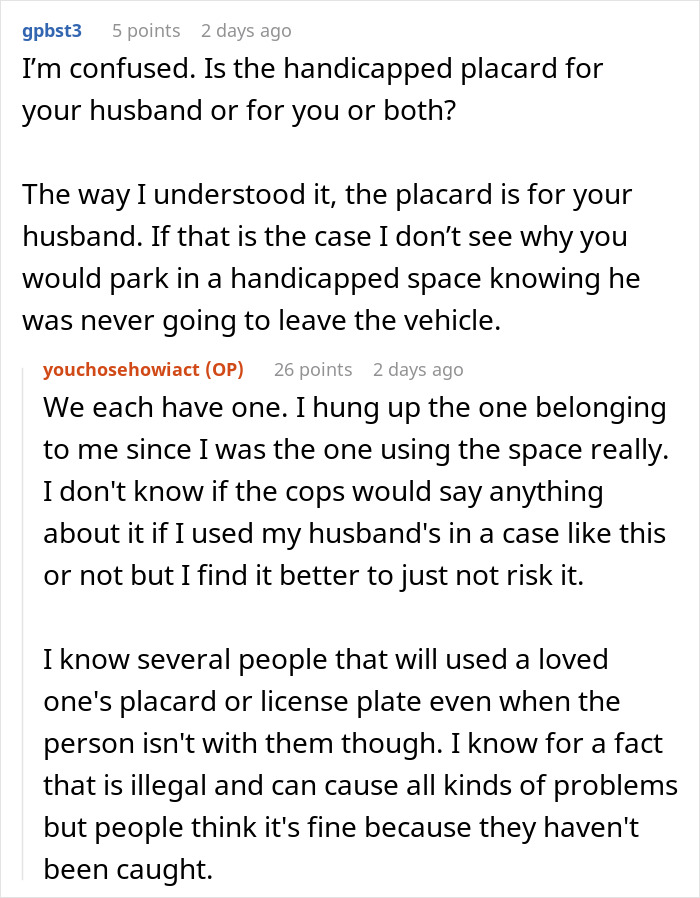
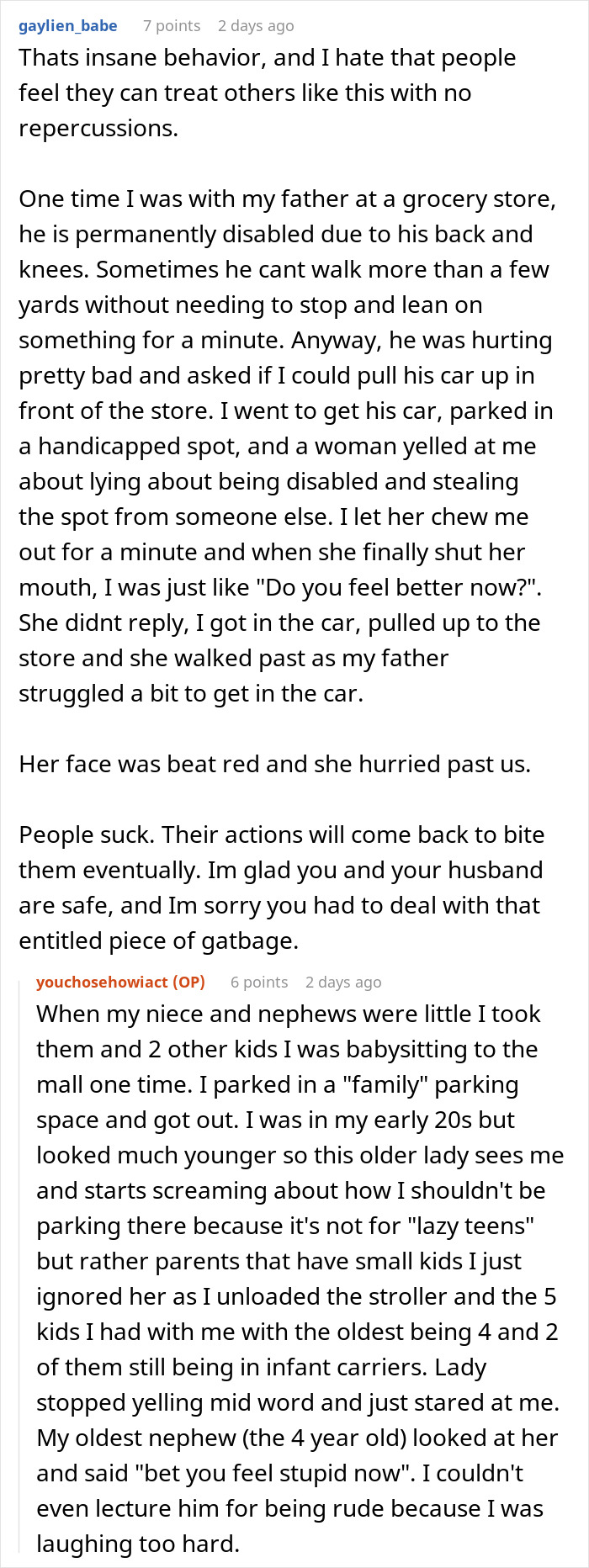
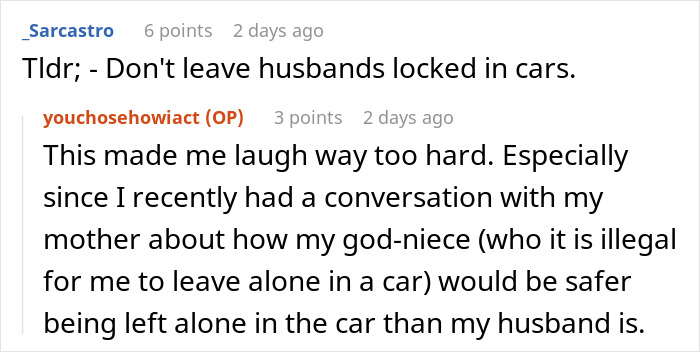
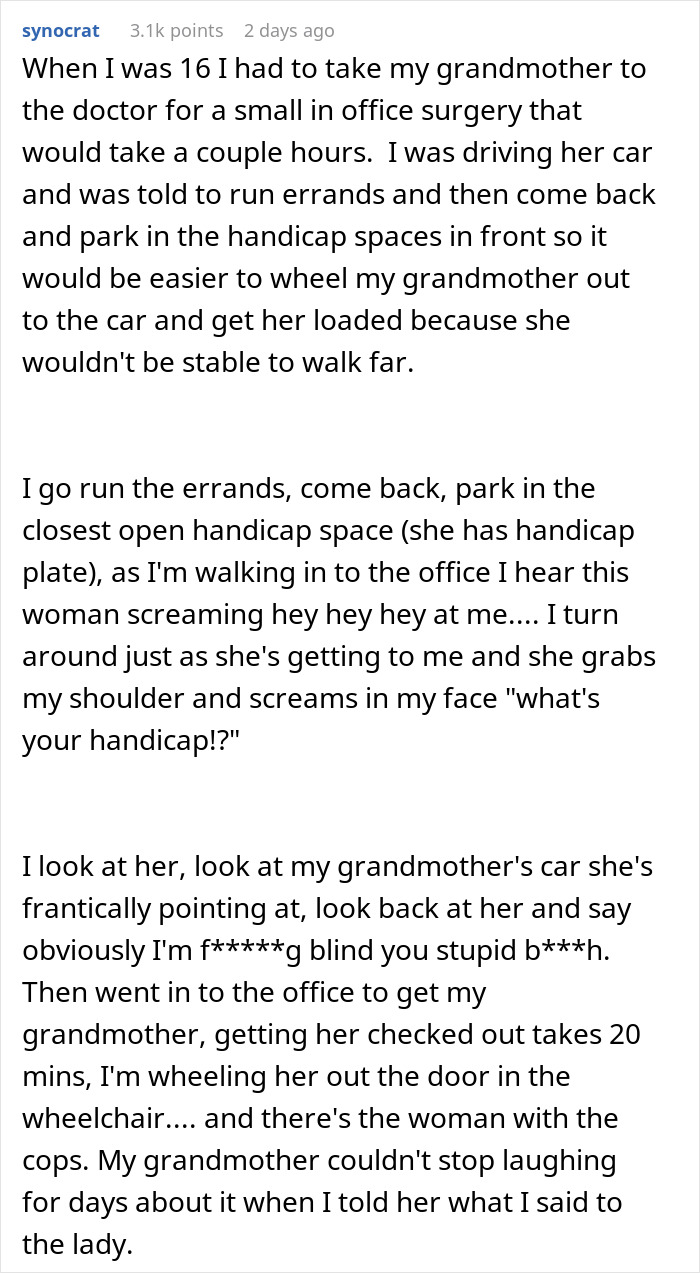
Others shared their support for the couple as well
